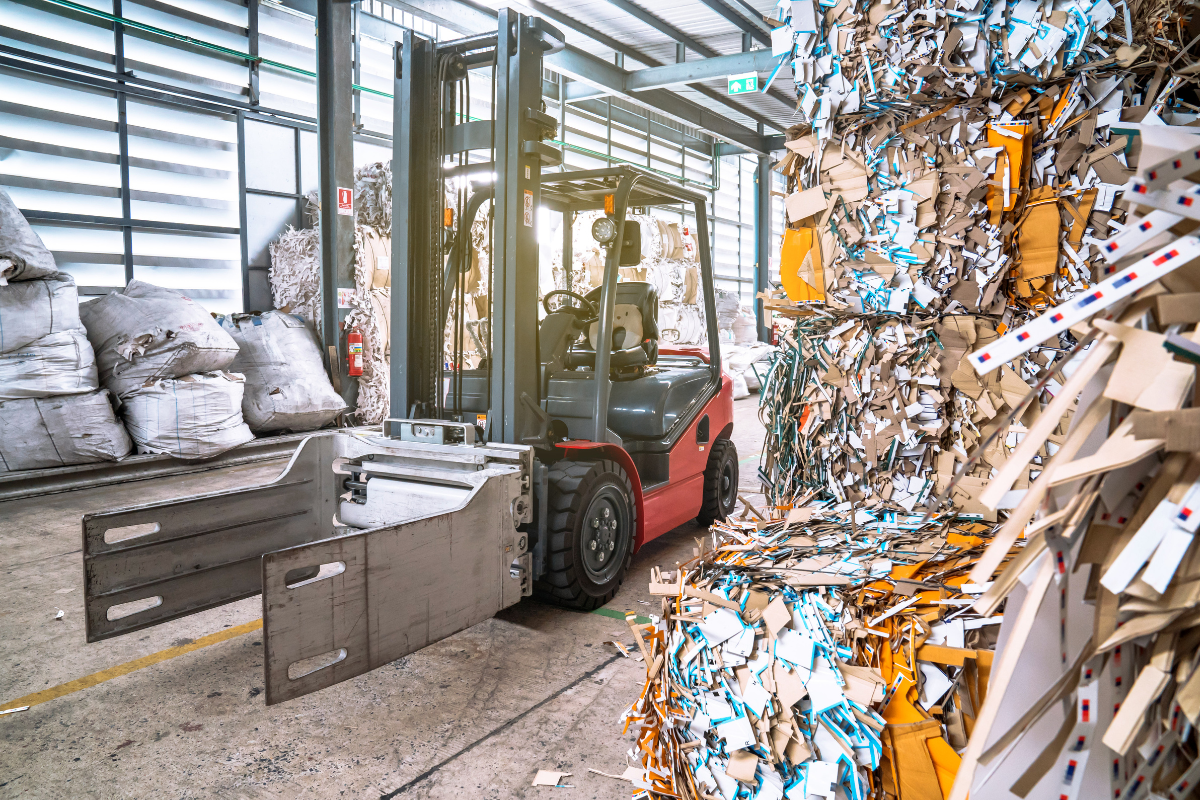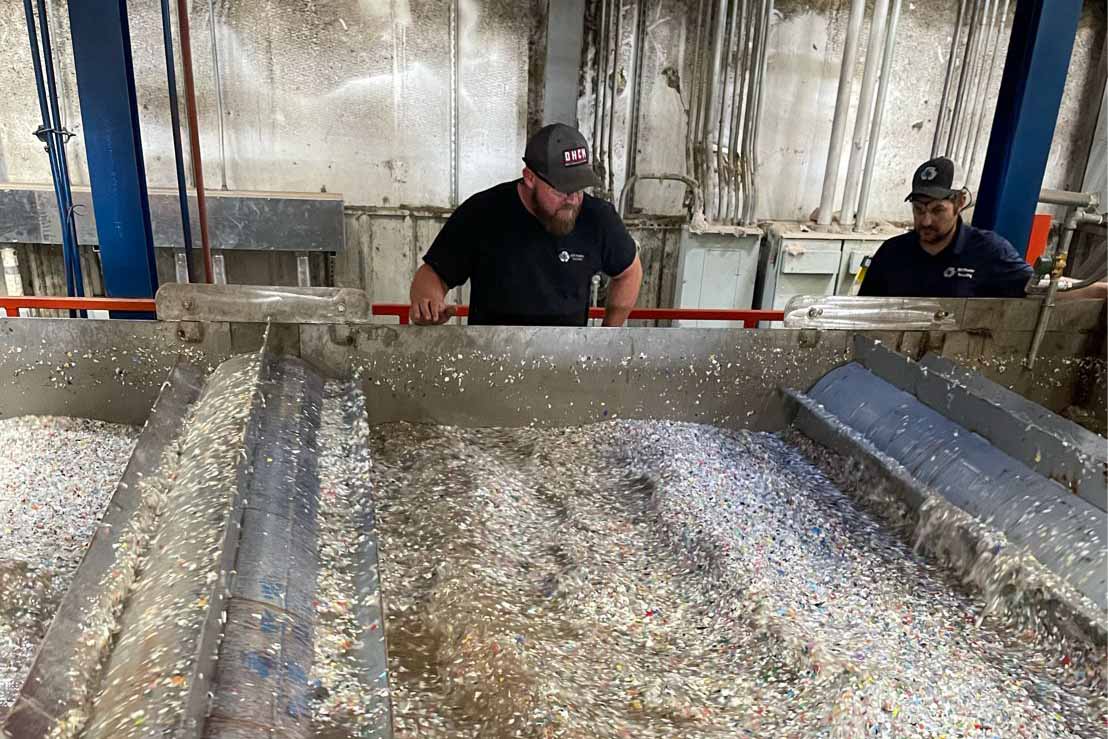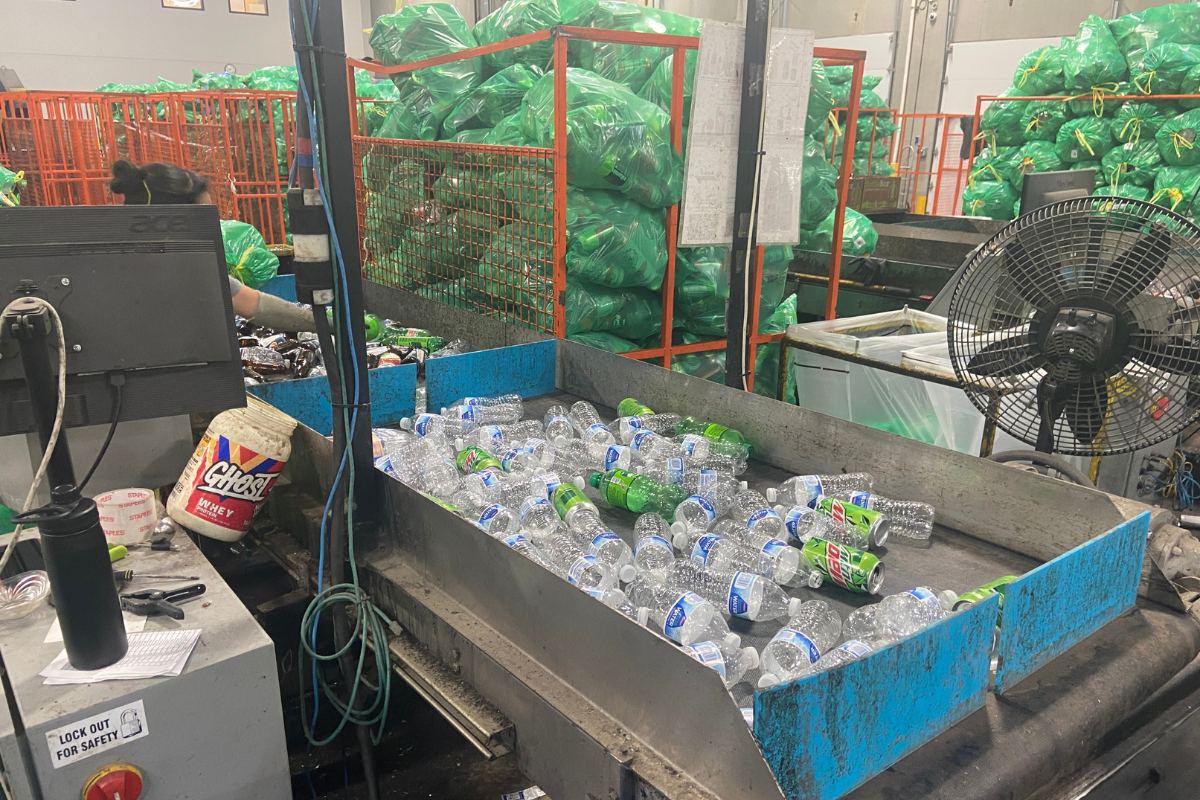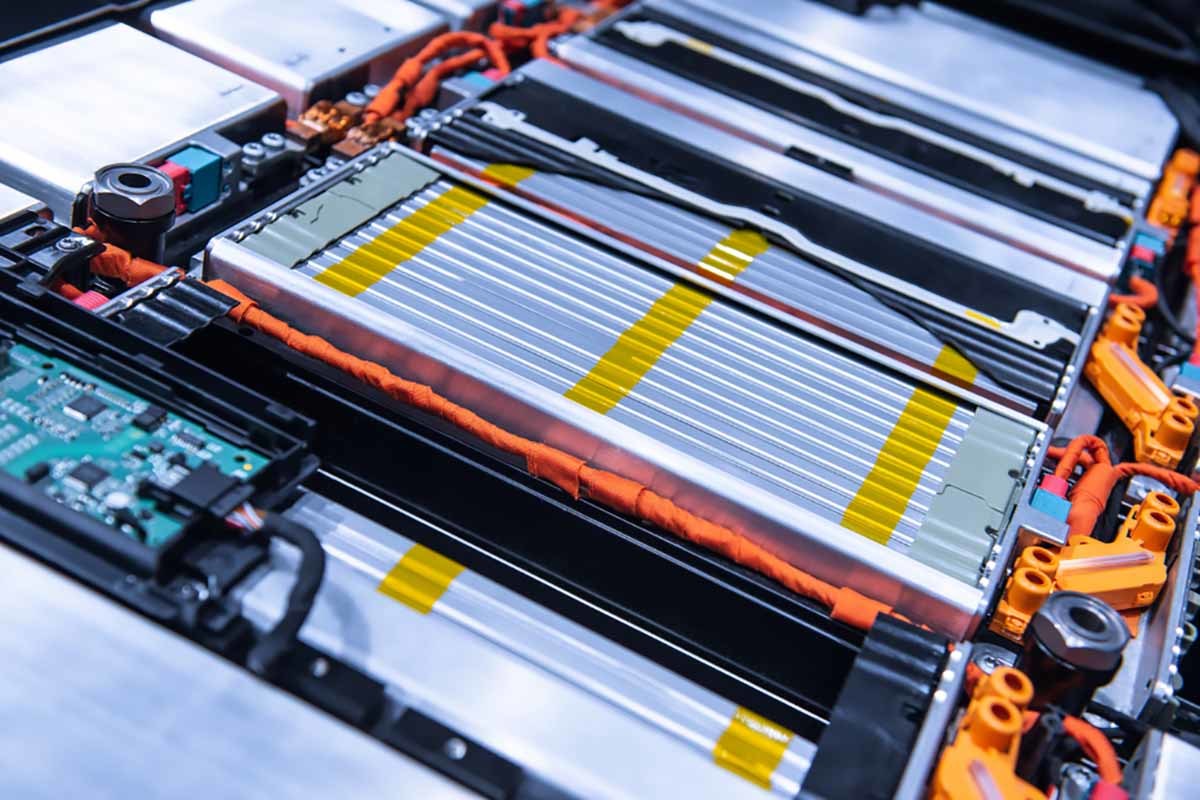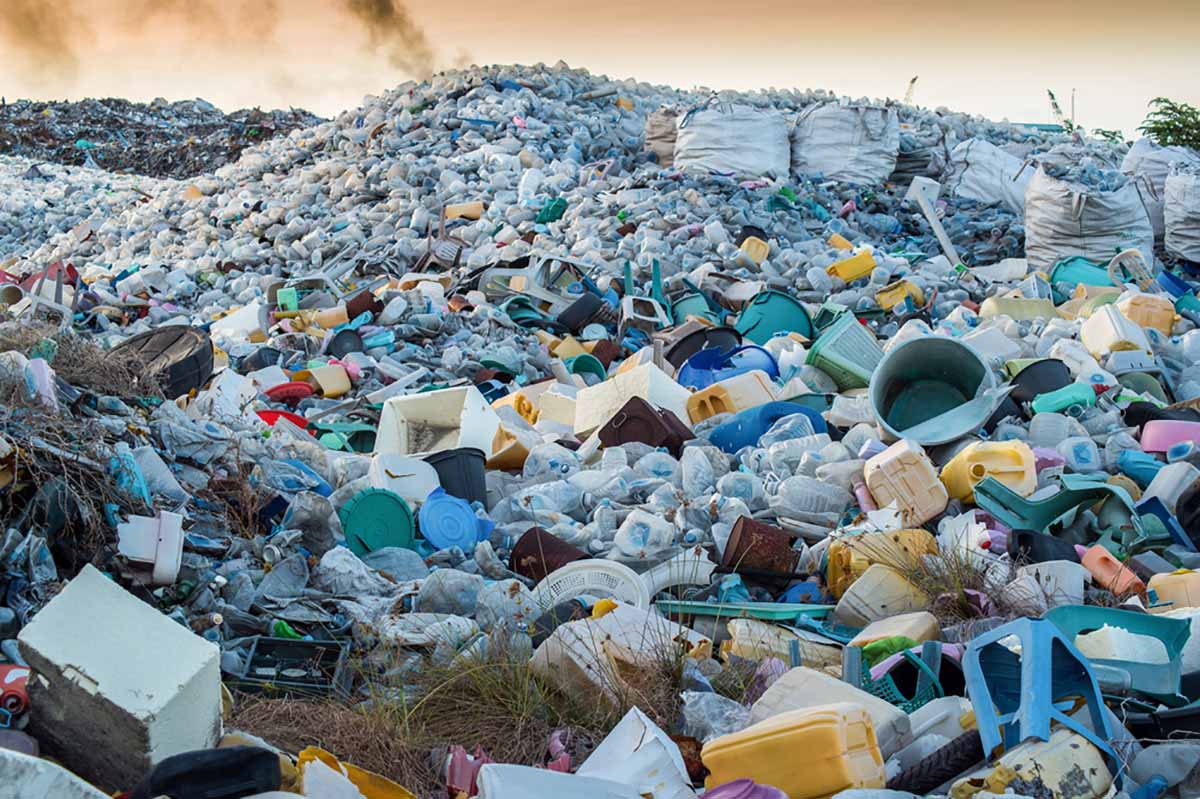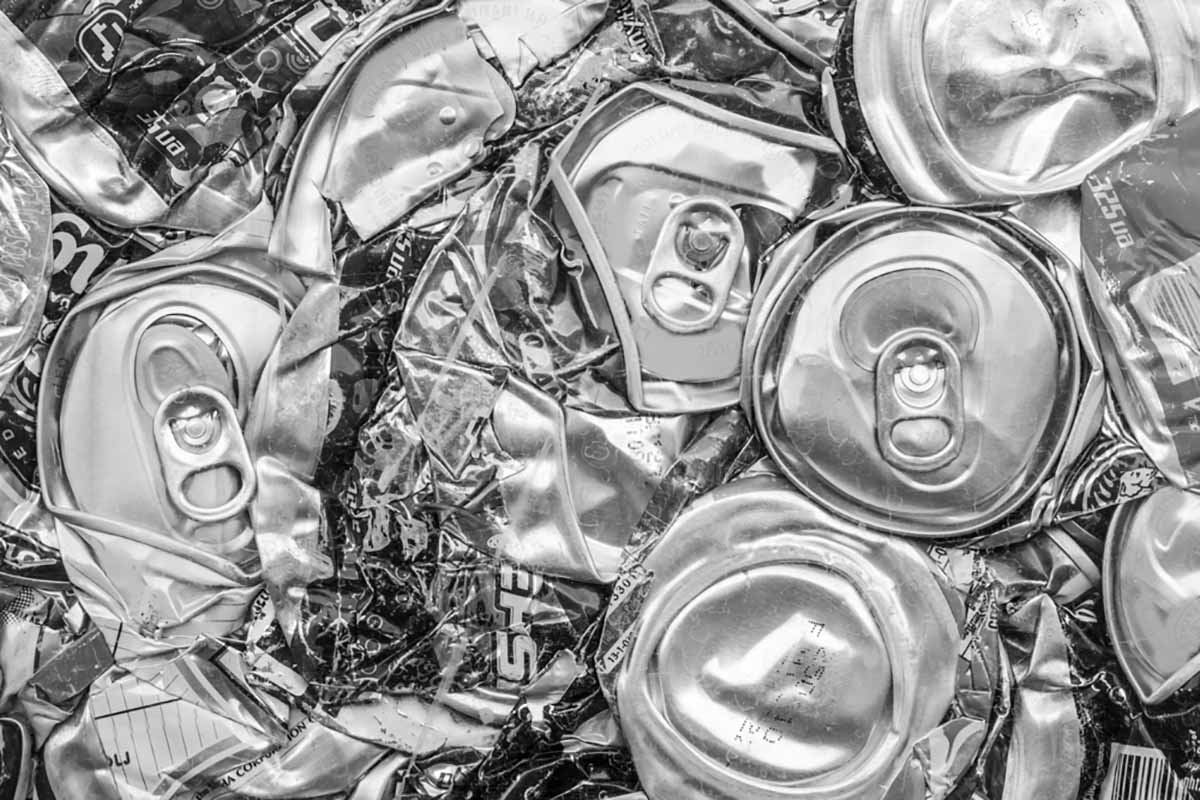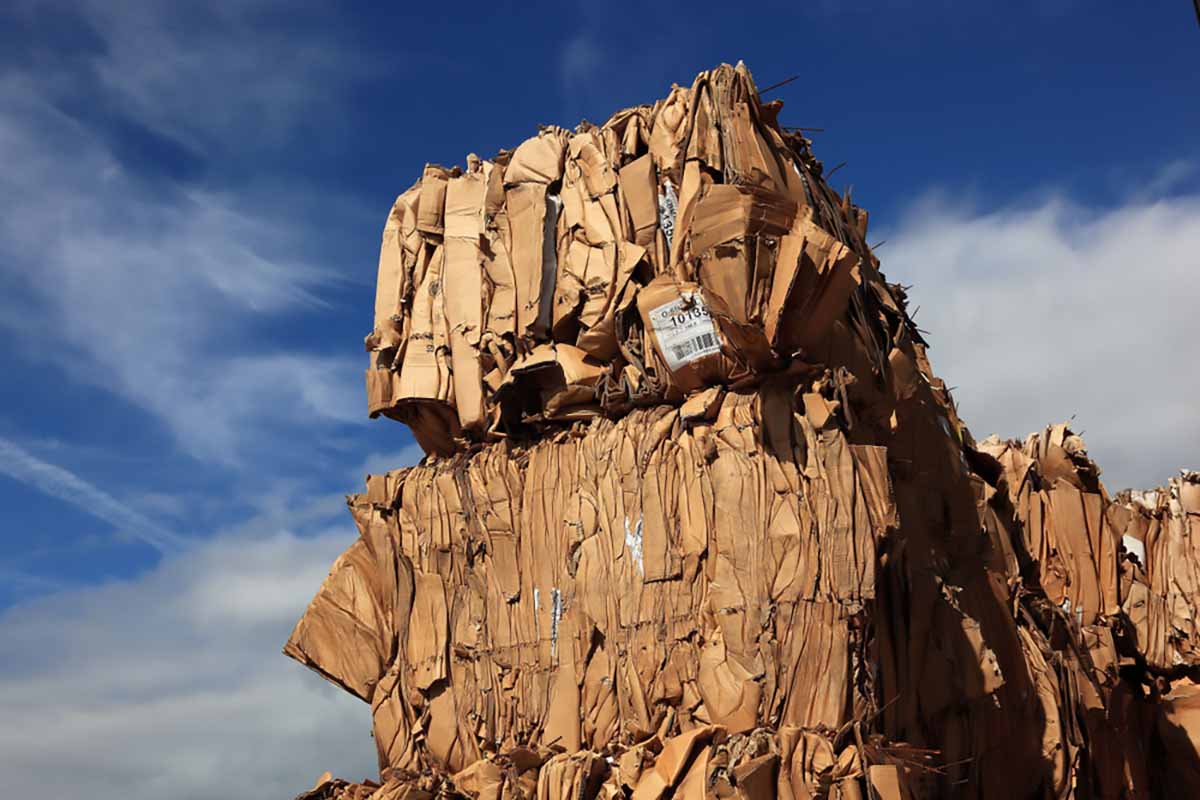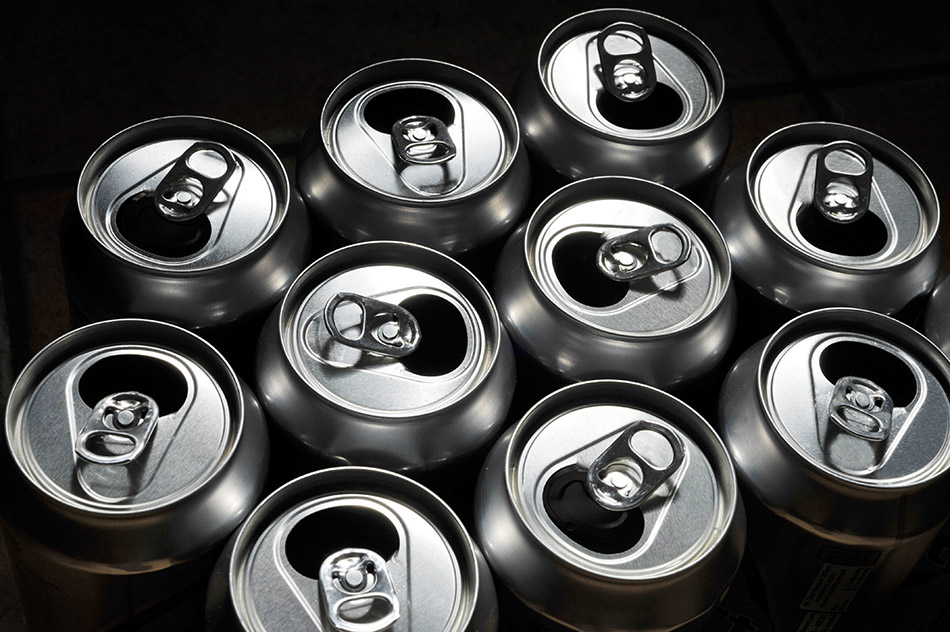
EverestLabs’s data suggests that 3.6 million tons of aluminum, PET, HDPE and PP are collected and sent to MRFs each year, but about 960,000 of those tons end up in the disposal stream. | Graham Corney/Shutterstock
Of the aluminum cans, PET, HDPE and PP that reach a MRF, 27% ends up still going to disposal, according to a recent report from Robotics supplier EverestLabs. Continue Reading


 Colin Staub was a reporter and associate editor at Resource Recycling until August 2025.
Colin Staub was a reporter and associate editor at Resource Recycling until August 2025.